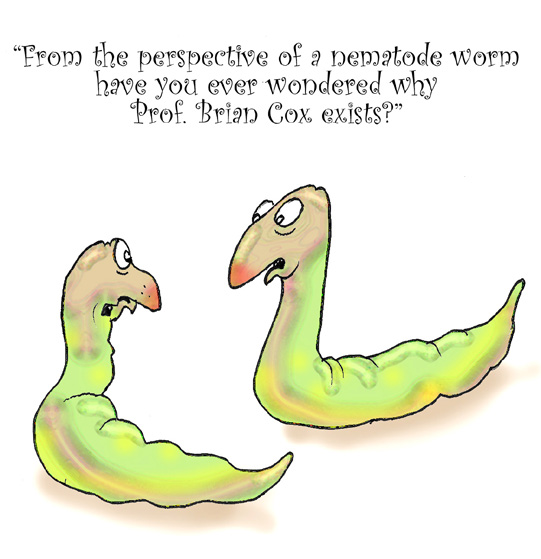LETTERS
Hidden lesson in dying
My wife and I got an unexpected insight into the ‘assisted dying’ debate from our daily bible reading, in a passage which we thought had nothing to do with that topic.
We were reading 1 Samuel 31, the tragic ending of the life of King Saul. Verse 4 recounts Saul’s last words: ‘Saul said to his armour-bearer: “Draw your sword and run me through, or these uncircumcised fellows will come and run me through and abuse me”. But his armour-bearer was terrified and would not do it; so Saul took his own sword and fell on it.’
This incident describes a classic ‘assisted dying’ scenario: a person who is facing death and wants to die, prematurely and on his own terms, tries to involve another person in bringing about his death.
There’s a moral principle embedded in this incident.
If we request another person to hasten our death we implicate that person in a killing. That other person will then have to answer to the law and ultimately to God for that killing. The moral responsibility for a person’s premature, self-willed death has to remain solely with the person deciding that is the way he or she wishes to die.
Saul’s armour-bearer – his protector, fellow-soldier and friend to the end – saw the principle and rightly recoiled from Saul’s request. He grasped that personal moral responsibility is not transferable.
Lobbying groups which campaign for a change in the law to allow the choice of doctor-assisted dying for terminally ill adults fail on the moral principle we see in this incident.
They seek to implicate another person, a doctor, in an action which is the responsibility of the initiator alone. Worse, by seeking to bring in legislation to promote ‘assisted dying’ they try to implicate society as a whole in this illegitimate shift of moral responsibility.
There’s a lesson to be learned from Saul’s canny armour-bearer.
David Kennedy, Glasgow
Science and theology
While Professor Brian Cox makes it clear that he is not a religious believer, his various TV series (not least the most recent Universes) make it clear that he sees that there can be substantial theological outworkings from the topics he considers. In Human Universe – and talking about the theory of Eternal Inflation – Cox says: ‘If this is the correct description of our universe, it will be (among others) the philosophers, and theologians alongside the physicists who explore its meaning.’

Cartoon: Bill McArthur
In the last episode of the most recent series he asks: ‘What does it mean to be human? Why do we exist? Why does anything exist at all? These sound like questions for philosophy or theology.
But I think they are (also) scientific questions.’ Interestingly the late renowned Scottish theologian Tom Torrance liked to point out that theology itself is a science.
A good deal of useful unpacking of some of Stephen Hawkings’s theological obiter dicta has already been done. Work now needs to start on Cox’s comments!
Andrew McLuskey (Rev), Ashford, Middlesex
Landmark church
I was interested in John Hume’s article ‘A landmark church on the A9’ (Life and Work, January).
As I used to drive past Daviot Church, just south of Inverness, on my way from Dornoch to attend meetings in121 George Street, I often thought of one of Daviot’s most outstanding former ministers.
Though the Rev Alistair Maclean tends to be best known today as the father of Alistair Maclean, the writer of such thrillers and best sellers as The Guns of Navarone, Alistair Maclean Sr was one of the outstanding, and most contented rural ministers in the church of Scotland in the early 20th century.
I would have loved to have known him.
I still treasure several of his books. In the preface to High Country, he writes: “I am happy in my quiet lot –a ministrant in holy things to the folk of an upland strath where Beauty holds her court unchallenged the whole changeful year.”
His books are full of such profound insights and memorable quotations.
He writes: “When we are young we want to do things. When the middle years come we want to get things.
When the westward years appear we want to be things.”
Though such quotes might not be sufficiently universal to satisfy some philosophers, what food for thought there is in them.
Dr James Simpson (Very Rev), Bankfoot, Perthshire